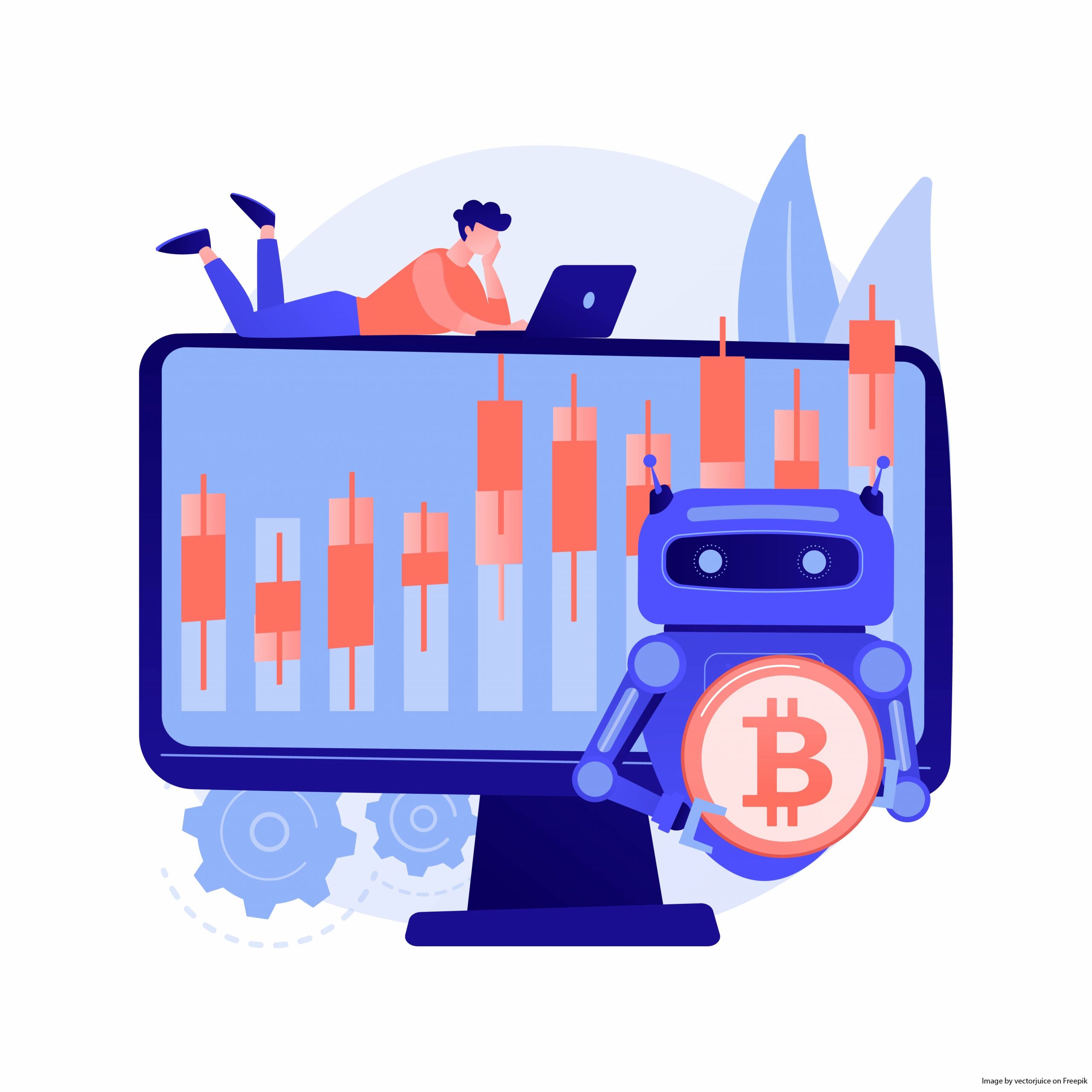Welcome to another edition of Future Friday, where we discuss exciting developments that lie ahead in the cryptoverse. In this article, we will explore the future of decentralized exchanges (DEXs) and discuss why they are becoming increasingly important, especially in light of the recent charges filed by the Securities and Exchange Commission (SEC) against centralized exchanges like Coinbase and Binance. So sit back, relax, and join us on this journey as we uncover the transformative power of DEXs.
The world of digital asset trading is undergoing a significant transformation, driven by the rise of decentralized exchanges (DEXs). These platforms, which operate without a central authority, are redefining the way we trade digital assets. They offer enhanced privacy, security, and control, making them an attractive alternative to traditional centralized exchanges. In this article, we will provide an in-depth exploration of DEXs, their importance, and their potential to shape the future.
Background
The concept of DEXs emerged as a response to the vulnerabilities of centralized exchanges. These platforms, while popular, have been plagued by issues such as hacks, insider trading, and lack of transparency. The infamous Mt. Gox hack, implosion of FTX and the more recent issues with Binance underscore the risks associated with centralization. DEXs, like Uniswap and SushiSwap, address these concerns by eliminating single points of failure and allowing for non-custodial trading, where users retain control of their private keys and funds.
Current State of Affairs
Today, DEXs are gaining traction, driven by their promise of enhanced privacy and security. Platforms like 1inch and Kyber Network do not require personal information for trading, offering a level of privacy not typically found in centralized exchanges. They also provide increased security through smart contract-based transactions, reducing the risk of hacks and fraud.
However, DEXs have faced their share of challenges. Liquidity has been a significant issue, with many DEXs struggling to attract enough traders to facilitate smooth trading. But innovative solutions like automated market makers (AMMs) have emerged to address this. Platforms like Balancer and Curve Finance use AMMs to facilitate trading and provide liquidity, making DEXs more competitive with their centralized counterparts.
Case Studies
The rise of DEXs are not just theoretical; real-world examples illustrate their potential. Take Uniswap, for instance. This DEX has seen exponential growth, with its 24-hour trading volume occasionally surpassing that of top centralized exchanges. Another example is SushiSwap, which started as a fork of Uniswap but has since introduced unique features, such as yield farming, that have attracted a substantial user base.
Data Analysis
The data underscores the growing popularity of DEXs. According to Dune Analytics, DEXs’ monthly trading volume reached over $60 billion in January 2023, a significant increase from just $2 billion in January 2020. This growth is not limited to a few platforms; many DEXs are seeing increased trading volumes, indicating a broad-based shift towards decentralized trading.
The Importance of DEXs in the Wake of SEC Charges
Recent charges filed by the SEC against centralized exchanges like Coinbase and Binance have highlighted the need for decentralized alternatives. The charges raise concerns about insider trading, lack of transparency, and potential market manipulation. DEXs, with their decentralized nature, offer a solution to these issues by providing transparent and trustless trading environments.
Future Outlook
Looking ahead, DEXs are poised to disrupt traditional finance. As the demand for decentralized solutions grow and the regulatory landscape evolves, DEXs are well-positioned to transform the way we trade crypto. However, they must continue to innovate and adapt to overcome challenges like regulatory compliance and user experience.
Interoperability, the ability to seamlessly trade assets across different blockchain networks, is one area where DEXs are expected to lead. Platforms like ThorChain and Polkadot are already enabling cross-chain trading, and this trend is likely to continue.
DEXs represent the future of peer-to-peer trading in the cryptoverse. Their focus on privacy, security, user control, and interoperability positions them as superior alternatives to centralized exchanges. As we move forward, we can expect DEXs to play an increasingly important role in the crypto industry.
At AsicZ, we’re excited about the future of DEXs. We believe in the power of decentralization and are committed to providing our users with the tools and resources they need to navigate this rapidly evolving landscape. AsicZ pools it’s deep industry connections to offer clients a vast selection of competitively priced volume ASIC miners and an industry leading MaaS (Mining as a Service) solution. Whether you’re a seasoned miner or just getting started, AsicZ is here to help you make the most of your mining journey. Visit AsicZ.com to learn more or email the team at team@asicz.com.

